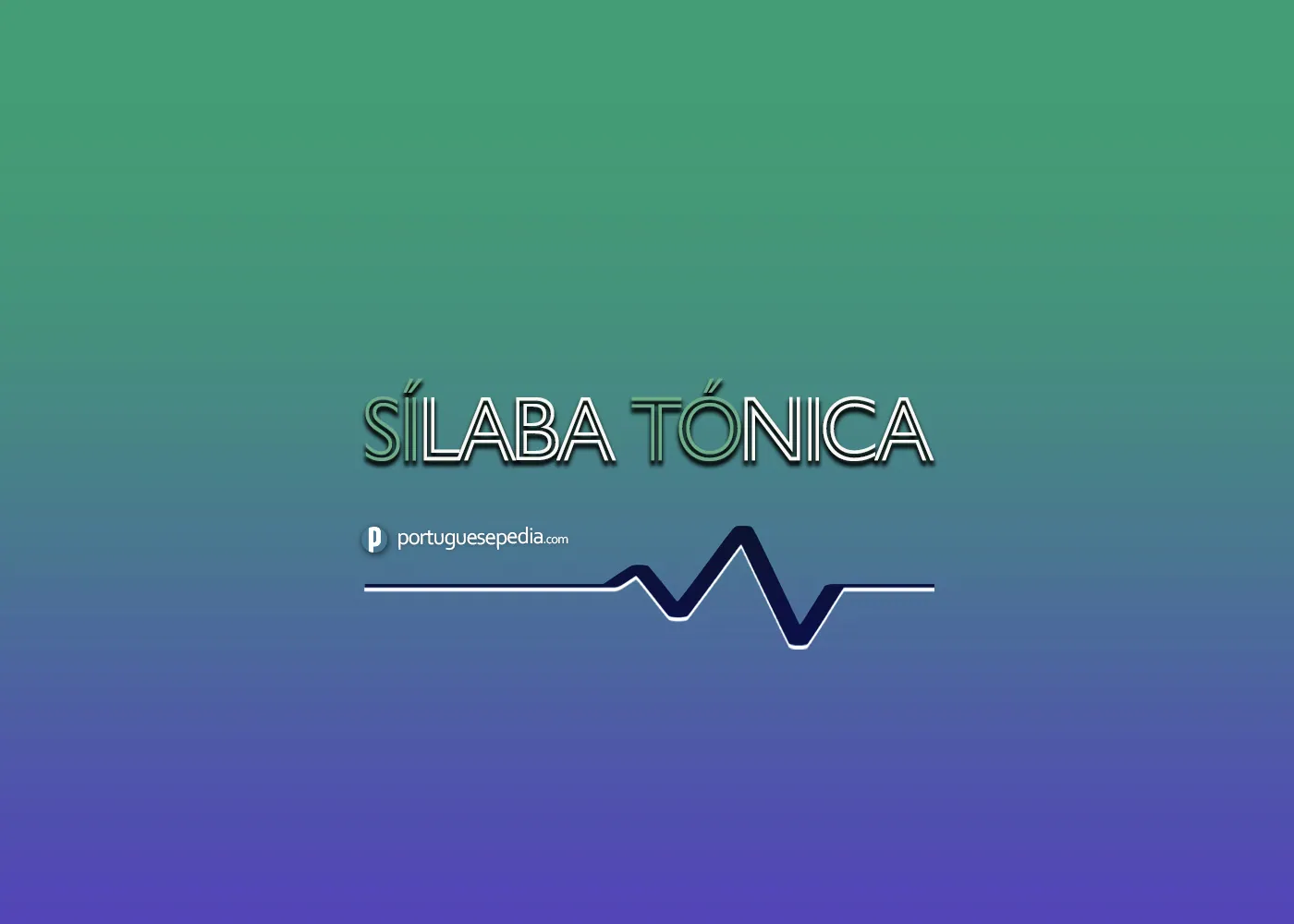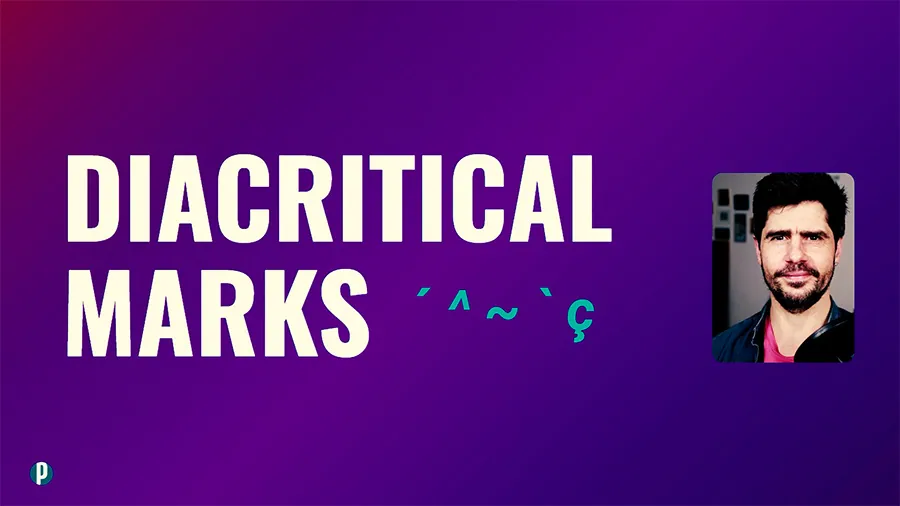
Portuguese Word Stress and Accent Marks
If you care about Portuguese pronunciation and want to get good at it, you’ll need to come to grips with its word stress patterns. That’s it.
Here’s the Portuguese word stress in a nutshell:
Portuguese words without accent marks are stressed on the last or next-to-last syllable according to a few spelling patterns. Otherwise, words are marked with an accent mark to indicate where word stress falls (either on the last, next-to-last, or third-from-last syllable).
Like English, Portuguese is a stress-timed language (as opposed to syllable-stressed languages). In stress-timed languages, time intervals between stressed syllables are fairly consistent. This leads to the shortening and reduction of unstressed syllables so that they can fit into relatively fixed time intervals set by stressed ones.
As a result, unstressed syllables are pronounced less clearly, whereas stressed syllables stand out. Thus, word stress in Portuguese is conspicuous and you can clearly hear it. Read on.
1. By default – without accent marks
Without any accent mark, Portuguese words are normally stressed on either the next-to-last syllable or the last syllable. Let’s take a closer look at it.
Word stress on the next-to-last syllable
Most commonly, Portuguese words are stressed on the next-to-last syllable. Here are a few examples:
- momento > mo-men-to (moment)
- peludo > pe-lu-do (hairy)
- vezes > ve-zes (times)
- diabo > di-a-bo (devil)
- bastante> bas-tan-te (quite)
- Carlos > Car-los (Carlos)
- carente > ca-ren-te (needy)
- . . .
Word stress on the last syllable
However, words ending in certain consonants, vowels, and diphthongs are stressed on the last one. Let’s look at the different subgroups of this category.
Words ending in -r, -l or -z
Words ending with the consonants -r, -l or -z are stressed on the last syllable:
- falar > fa-lar (talk)
- beber > be-ber (drink)
- anel > a-nel (ring)
- tamboril > tam-bo-ril (monkfish)
- rapaz > ra-paz (boy)
- capuz > capuz (hood)
- . . .
Words ending in -i or -u

Olá! I'm Pedro and I'm your Portuguese teacher.
Ready to unlock the beauty of European Portuguese? Portuguesepedia is your key! This all-in-one platform provides a wealth of learning resources, from bite-sized video lessons to immersive idiomatic dips. Perfect your pronunciation and aural comprehension with listening drills and solidify your grammar with in-depth articles. Start your Portuguese journey today!
Share this article
Get my guide "Key Strategies to Learn Portuguese" for FREE.



